1. Born to Run – Bruce Springsteen (1975)
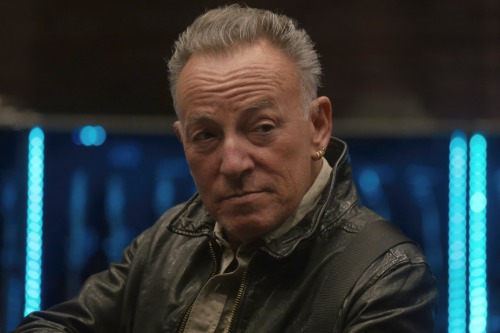
Bruce Springsteen didn’t just write a song—he carved out a generational anthem for restless Baby Boomers yearning to escape their small-town fates. With its sweeping production and desperate, romantic lyrics, Born to Run captured the need to break free and chase something bigger. It’s the sound of muscle cars, working-class angst, and the dream of something more beyond the Jersey Turnpike. Whether or not they made it out, millions related to that feeling.
Springsteen wasn’t trying to define a generation, but he did it anyway. The song became a touchstone for Boomer identity: wild hope and bruised optimism. It was both a personal and collective prayer to not get stuck. And somehow, 50 years later, it still works.
2. Smells Like Teen Spirit – Nirvana (1991)
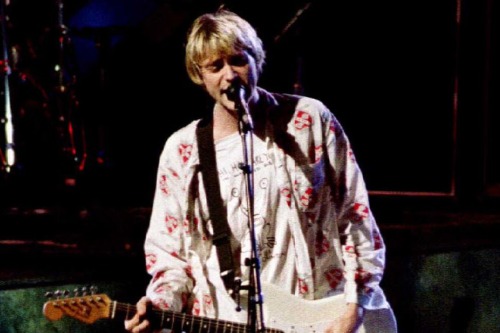
This song wasn’t supposed to be a generational anthem—Kurt Cobain himself said he was embarrassed by its popularity. But that raw, distorted intro and the mumble-screamed chorus hit Gen X like a tuning fork. Grunge wasn’t just a genre; it was a vibe, and Teen Spirit defined it in four chaotic minutes. Slackers, skeptics, and kids sick of prepackaged pop suddenly had a voice.
The irony is that the song was partially mocking the idea of a rebellious anthem. Still, it became the anthem, whether Cobain liked it or not. Its accidental success mirrored Gen X’s complicated relationship with fame, capitalism, and identity. It’s apathetic, loud, and unforgettable—just like the kids it spoke for.
3. American Pie – Don McLean (1971)
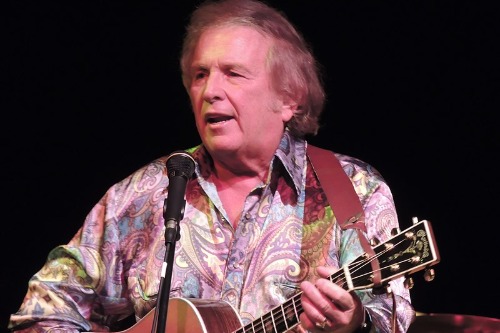
What started as a tribute to Buddy Holly’s tragic plane crash turned into a sprawling musical obituary for the 1960s. American Pie is eight and a half minutes of coded references, nostalgia, and cultural commentary that Boomers memorized like gospel. It’s not just about “the day the music died”—it’s about a whole era slipping away. And somehow, people found their own memories in its cryptic lyrics.
McLean didn’t mean to become a prophet of generational mourning, but that’s what happened. The song is like a time capsule buried under metaphors and melody. It offered closure, confusion, and comfort all at once. If you want to know how the 60s ended, this is the soundtrack.
4. Fight the Power – Public Enemy (1989)

Commissioned for Spike Lee’s Do the Right Thing, this wasn’t just a song—it was a call to action. Chuck D’s lyrics demanded systemic change, justice, and visibility, and that hit home for a generation growing up in Reagan-era America. It wasn’t written to summarize a generation, but it did for many Black Americans and their allies navigating racial injustice and cultural tension. It was both a mirror and a megaphone.
The line “Elvis was a hero to most, but he never meant s*** to me” shook people—because it said what others were afraid to. That kind of radical honesty felt dangerous, but necessary. For Gen X and early Millennials, this was rebellion with a message. It didn’t just soundtrack protests—it fueled them.
5. My Generation – The Who (1965)
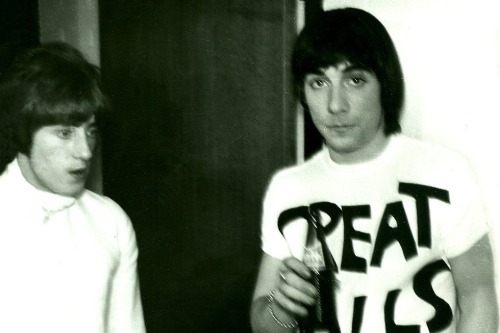
With its stuttering vocals and aggressive energy, My Generation captured the voice of 1960s youth in real time. Roger Daltrey’s defiant sneer, especially the line “Hope I die before I get old,” became a rallying cry for the counterculture. The song wasn’t subtle, but that’s what made it powerful. It shouted what young people were feeling: frustration, alienation, and the need to push back.
It wasn’t designed to last forever, but it weirdly has. Over time, it became a paradox—the song about not growing old, embraced by people who did. Still, for that one moment, it was lightning in a bottle. It summed up a generation that didn’t want to inherit the world—they wanted to remake it.
6. …Baby One More Time – Britney Spears (1998)

Nobody expected a teen pop debut to crystallize the late-’90s teen experience—but Britney did it. That lonely piano note at the start opened a floodgate for a generation of Millennials raised on TRL and dial-up internet. The schoolgirl outfit, the pleading chorus, the dramatics—it all felt so huge and personal. Kids didn’t just hear the song, they lived it.
It wasn’t just about a breakup; it was about craving intensity in a confusing world. Britney became both a pop goddess and a peer, depending on who you asked. The track accidentally captured the melodrama and manufactured sincerity of turn-of-the-millennium youth culture. And for many, it was the start of a lifelong soundtrack.
7. This Is America – Childish Gambino (2018)
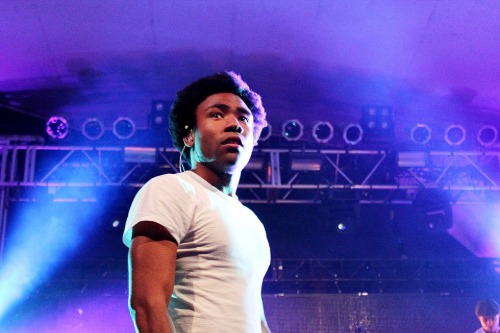
When Donald Glover dropped this song and video with no warning, it hit like a cultural grenade. This Is America was a jarring, layered look at racism, violence, and distraction in modern America. It didn’t just speak to Millennials and Gen Z—it challenged them to pay attention. Every frame, every beat, every gunshot was deliberate.
And yet, it wasn’t written as a generational anthem. It just became one, because it articulated a feeling no one could quite name. It was about how chaos becomes background noise—and how dangerous that is. Whether people loved it or hated it, they couldn’t look away.
8. California Girls – The Beach Boys (1965)
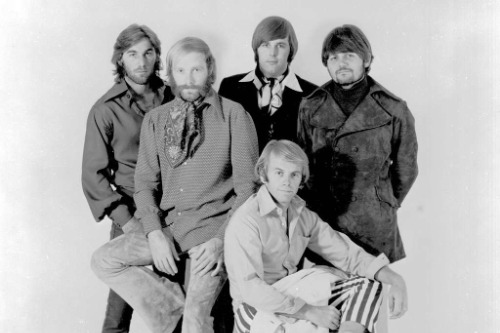
Sunshine, harmonies, and blonde ambition—California Girls gave Boomers a postcard-perfect version of the American Dream. Brian Wilson’s lush production and Mike Love’s lyrics painted a world of fun, freedom, and flawless women. It was aspirational and totally out of reach, but that didn’t matter. Kids growing up in postwar America wanted to believe in this paradise.
The song didn’t mean to define an entire demographic’s fantasy life, but it did. It became shorthand for what the 60s were supposed to be—before Vietnam, Watergate, and disillusionment. It was youth without consequence, California as myth. And even now, it makes you nostalgic for a time that probably never existed.
9. What’s Going On – Marvin Gaye (1971)
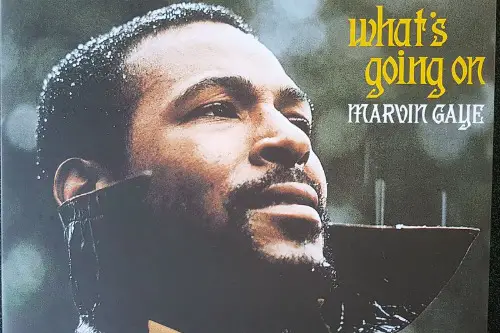
Originally dismissed by Motown execs, What’s Going On turned into one of the most profound songs of its era. It asked hard questions about war, inequality, and the emotional toll of social change—and it did it with soul. The song became a quiet anthem for disaffected Boomers who were watching their ideals collide with reality. It was protest music wrapped in velvet.
Gaye wasn’t preaching; he was pleading. That vulnerability resonated across racial and political lines. It didn’t shout, but it didn’t need to. It spoke to a generation still reeling from the 60s, unsure of what would come next.
10. Alright – Kendrick Lamar (2015)

When Kendrick performed Alright at the BET Awards on top of a vandalized police car, it stopped the world. This track became the unofficial soundtrack of the Black Lives Matter movement—not because it tried to be, but because it fit. It’s hopeful, painful, and defiant all at once. “We gon’ be alright” wasn’t just a lyric—it was a mantra.
Millennials and Gen Z latched onto it during protests, classroom discussions, and long nights scrolling Twitter. It became the modern version of a spiritual: grounded in suffering, but aiming at survival. Kendrick distilled the mood of a generation caught between despair and action. And he did it without compromise.
11. I Want It That Way – Backstreet Boys (1999)
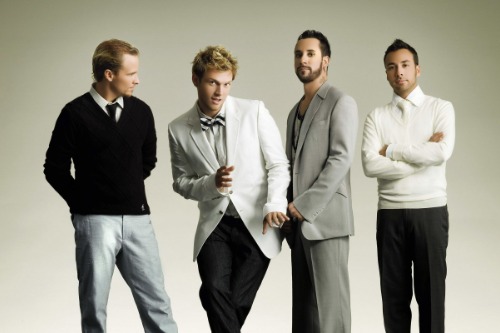
No one really knows what the lyrics mean, and that’s kind of the point. I Want It That Way was less about coherence and more about feelings—vague, massive, late-’90s boy band feelings. Millennials embraced it as a rite of passage, blasting it at school dances and middle school sleepovers. The harmonies, the outfits, the airport setting—it was a time capsule before we knew we needed one.
It wasn’t supposed to speak for a generation, but it ended up doing just that. It captured the pop culture bubble before 9/11 burst it. It’s earnest, cheesy, and low-stakes in a way nothing really is anymore. And that’s why we keep singing it.
12. Good Riddance (Time of Your Life) – Green Day (1997)
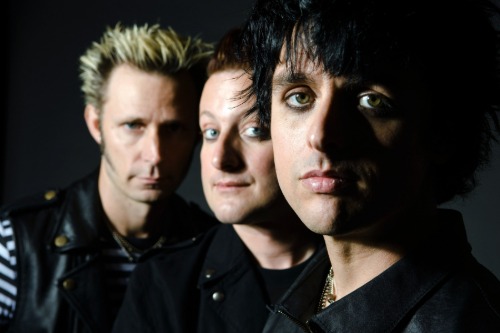
Written as a breakup song, this acoustic ballad accidentally became the go-to graduation anthem for an entire generation of late Millennials and early Gen Z. It’s ironic, because Billie Joe Armstrong wrote it with a sarcastic tone—“Good riddance,” after all. But somehow, it got reinterpreted as sincere, even sentimental. And now it plays at every end-of-year slideshow and prom montage.
Its gentle guitar and wistful lyrics gave teens permission to be emotional without being cringe. That balance hit just right in an era that didn’t always allow open vulnerability. It wasn’t written to mark milestones, but that’s exactly what it did. Whether it’s bittersweet or just bitter depends on when you hear it.
This post 12 Songs That Accidentally Summed Up Entire Generations was first published on American Charm.


